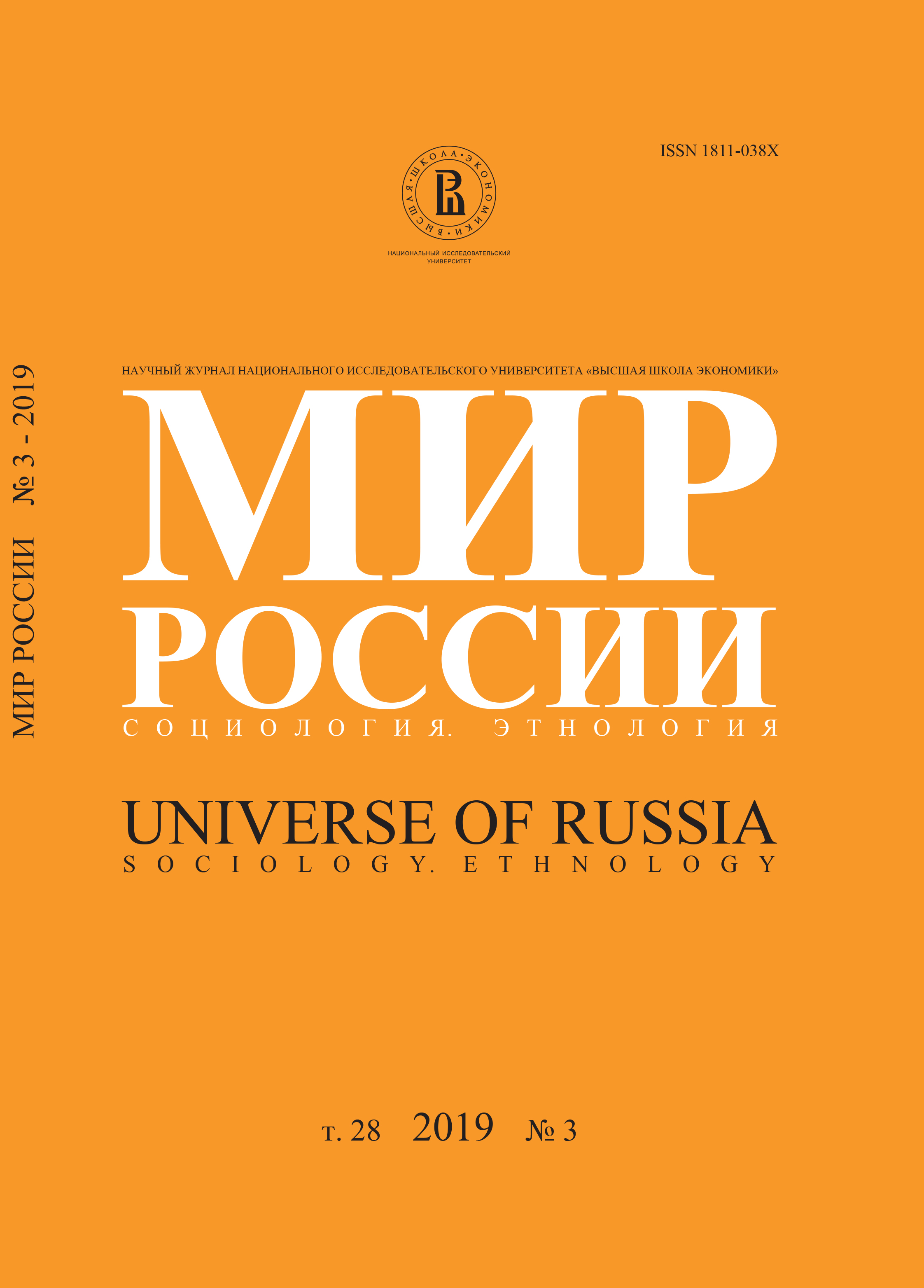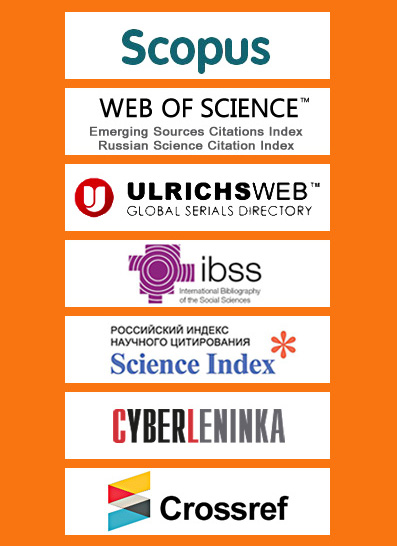Российский Север в условиях глобальной неолиберальной политики: преодоление пространственного неравенства или вытеснение?
Аннотация
Цитирование: Лыткина Т.С., Смирнов А.В. (2019) Российский Север в условиях глобальной неолиберальной политики: преодоление пространственного неравенства или вытеснение? // Мир России. Т. 28. № 3. С. 27–47. DOI: 10.17323/1811-038X-2019-28-3-27-47
Основываясь на данных официальной статистики 2000–2017 гг., в статье приводятся доказательства, что в условиях реализации неолиберальной политики Север оказался в зоне вытеснения, когда из основ социально-экономического порядка исключаются не только люди, но предприятия и территории. В статье эта концепция развивается применительно к северным регионам России и утверждается, что вытеснение принимает формы институционально организованного исключения через мифологизацию благополучия Севера, ужесточение структур неравенства и экстенсивное использование инфраструктуры, что выражается в снижении уровня и качества жизни северян. Высокие доходы получает лишь незначительная их часть, но и они больше не компенсируют затраты, связанные с работой в суровых климатических условиях и дорогостоящим проживанием на Севере. Показывается, как выстроенная в советские годы инфраструктура также утрачивает свои преимущества, а качество предоставляемых услуг здравоохранения и образования падает. Иными словами, рыночный механизм разрушает прежние социальные гарантии и не способствует формированию долгосрочной стратегии развития Севера, которая согласовалась бы с современными условиями жизни северян, тем экономическим вкладом, который вносит территория в формирование ВНП и федерального бюджета. При этом дальнейшее игнорирование интересов северян приводит к ухудшению ситуации, к увеличению числа социально уязвимых групп и сохранению ресурсной зависимости. Подчеркивается, что результатом снижения пространственного неравенства в России стало не наращивание конкурентных преимуществ «слабых» регионов, а обеднение регионов с высоким экономическим потенциалом.






